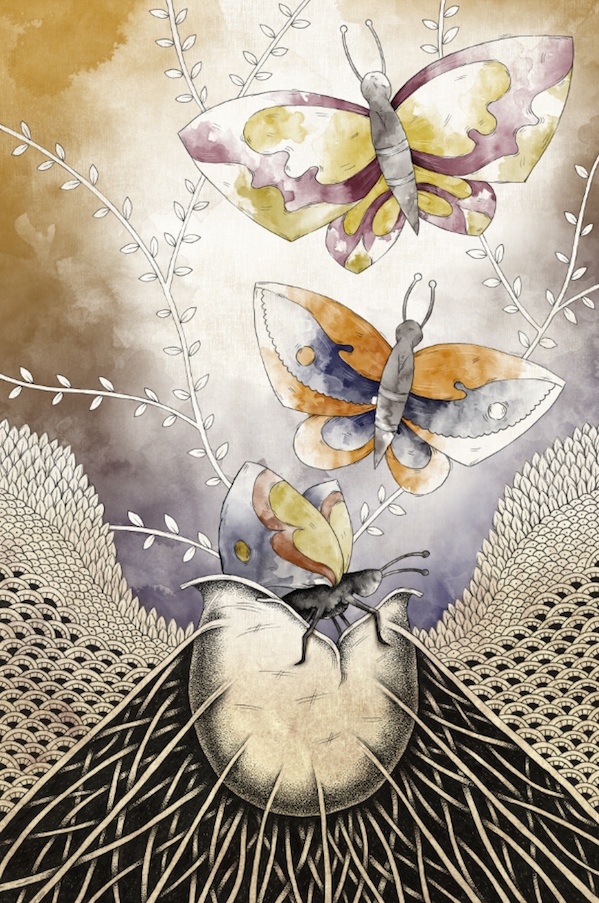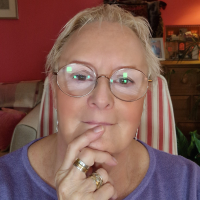Very early on in psychotherapy training, I came up against the issue of how to work with shame.
I felt so conflicted about how to help—while worrying about how not to do damage by my potential clumsiness—that I took the situation to supervision.
I had begun seeing a client, a young man, who had known dreadful humiliation as a result of having been violently raped as a boy. He felt the shame of it so badly—even now—that he struggled to speak with me about those awful experiences.
Yet he clearly wanted so badly to find some relief, so he’d come to my therapy room asking me to meet him where he was.
He was haunted and wanted to be free.
I didn’t want to invade, intrude, or cause further shame, nor did I want to leave him feeling alone or isolated. I didn’t want him to feel like an “other” or “over there.” Equally, I could see how appallingly painful it was to for him to come and ask for help, and how exposed he he felt when trying to talk about what had happened.
I also knew—because I couldn’t not know—that until this young man had found comfort and release by sharing his shame and pain.
By seeing it accepted fully by another—there could be no such relief.
What my supervisor offered me was a profoundly wise and compassionate observation: it was not about him at all, it was about me.
Supervisors are canny that way.
She asked me why I was so afraid of the pain.
At first, I looked at her a bit blankly, puzzled. But she asked me again, very gently. To my horror, I found that I had tears welling up in my eyes.
But something had also melted inside me.
I had realised, in that moment, that to go near to this young man’s shame would mean going close to my own. It was not just about making him feel exposed, it was that I dreaded how exposed I might also feel, how painful going near to pain is.
But how much more difficult, very specifically, going near to shame would be.
And so, when my supervisor asked me why I was so afraid of the pain, I knew that she had seen my own vulnerability, my own capacity to feel shame, and how afraid I was of being placed in danger of having it opened up by allowing myself to be vulnerable to the experience of shame in another—to the pain of it, to the sleepless night to follow it.
In her book The Places That Scare You, Pema Chödrön writes, “When we practice generating compassion, we can expect to experience the fear of our pain. Compassion practice is daring. It involves learning to relax and allow ourselves to move gently toward what scares us.”
And in her book, The Gifts of Imperfection, Brene Brown describes a moment when her sister listened with absolute compassion as she shared with her a deeply shaming experience. It was a connection in which she found the courage to let herself be seen and known as imperfect: “I felt totally exposed and completely loved and accepted at the same time (which is the definition of compassion for me).”
I find what both of these women have to say about compassion so moving and so liberating, and I find that the way they think about compassion is fitting with my own experience as I describe it here.
I mean this as a therapist, but also as a human being.
It is only by being willing to expose ourselves to our own vulnerability that we can meet another where they are in their own vulnerability. There is no other way. To offer anything less is to confirm to the other that we want nothing to do with it, that we are separate from it and looking on from a distance, unwilling to share their pain.
And I’m suggesting that, if we are the one who is given this gift to hold, by another, if we are the soul and fellow traveller they happen, with care and thought, to choose, then we are going to find ourselves up against our own fear of vulnerability and pain.
And so I would like to offer a thought about that. It is what helped me in that moment of realisation in my supervisors’s room. And the truth of it has stayed with me, and grown, ever since.
It is that we are not separate. Simply, that we are not separate.
These are very easy words to say. We may understand the concept, the theory. We read the words, we devour the books, we listen to the enlightened speakers, we hold the spiritually aware conversations, we can talk the talk.
But how about the bit that’s about walking the walk? What then?
What about the bit that says, everything you are, I am also?
Or, everything you have known, I too know?
Or, everything I see in you, is also right here, in me?
How about the bit that says—knows—that we are the same, we are one. Everything I feel, you also are feeling, and everything you are experiencing I, too, am going through and growing through.
How about the bit that says there is no difference between you and me?
There is none.
When I look on I am seeing simply another part of myself. Therefore your pain is my pain, your shame is my shame. Why would I hide from the gift? Your relief is my relief. Your liberation is my liberation. We are walking together, fellow souls on a journey of expansion, and there is no difference between us other than the form we have chosen to take in this current lifetime.
What about that bit?
When we really get that, and when we integrate it into our being so thoroughly that we live it, everyone becomes free and we need no longer hide from each other. Every encounter becomes a gift, every sharing a deepening of our common humanity and common divinity.
We appreciate, rather than judge. We go towards rather than away from. We reach out rather than pulling back.
And we see, all over again, the oneness of all that is, and the perfection of the imperfection we all come here to be.
And shame is at the heart of that, since there is nothing quite like shame for throwing into sharp and poignant focus the beauty of who we really are.
And there is nothing that is quite like the compassion which comes to us, as a flood of profound recognition and humility, when we truly understand that.
Relephant:
3 Things to Know About Shame & How It Affects Relationships.
Author: Janny Juddly
Editor: Renée Picard
Image: via the author







Read 0 comments and reply